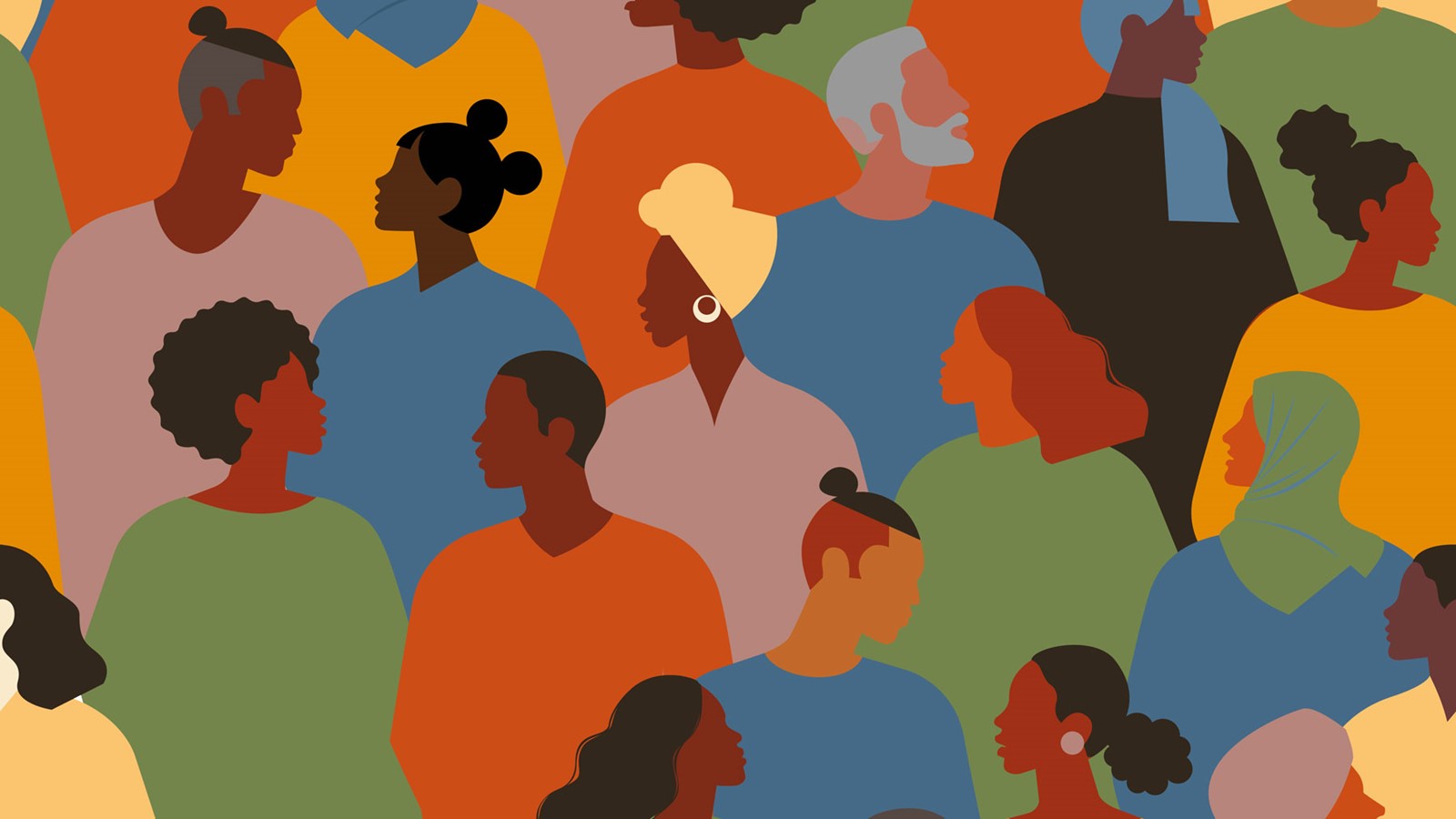With designated funds set aside for the promotion of equality, diversity and inclusion (EDI) and the launch of a new EDI strategy, I feel happy and excited to be a part of this development. Although BACP’s membership data reveal a predominantly white British membership, the culturally diverse BACP Board of Governors is a reflection of the membership’s commitment to change and inclusivity.
I would like to humbly thank members for their continuous support. I experienced euphoria seeing our Chair, Natalie Bailey, profiled in Therapy Today back in 2019, and it gave me the courage I needed to apply to be a Board member. I acknowledge that I was voted in with the support of a predominantly white membership that clearly wants and is open to change.
Achieving true diversity and inclusion within an organisation still feels elusive at times. To be effective, we must embrace and accept the full package it comes with, and this includes embracing the individuals that represent that diversity, and the cultural norms they bring with them.
In a workplace environment, an applicant for any job comes with their own cultural understanding and way of working. When a person of colour is placed in a position to reflect diversity, there is often an unspoken expectation that, once appointed, they will conform to what is considered the norm. For a woman of colour, that can mean moderating her tone of voice to avoid being labelled an ‘angry black woman’ (ABW), a trope magnified and perpetuated in the media. This is true even in environments where white men holding their own in discussions with raised voices is seen as positive, assertive behaviour.
Being seen as an ABW is just one of the many anxieties facing women of colour who reach leadership positions. There are other unspoken power imbalances in such settings that present barriers to a black woman fully joining in, effectively meaning she is silenced.
Next in this issue
Many services and organisations within the mental health profession are registered charities, and the Charity Commission states that ‘we must work to address any imbalances in power, perspectives and opportunities’. How can this be achieved if a person of colour is unable to be their true self in an organisation that expects them to conform and fit in? When we fall into default mode and begin to question the personal credibility of the person placed in a position of power based on existing cultural norms, we often leave them to prove their worth. Change is a difficult pill to swallow and often we need to redirect the focus towards what will be gained from the change, rather than imagining what will be lost.
Inequality is experienced across all levels. When I joined the BACP Board in 2020, 11 days were requested of my time. As BACP membership has grown, we members of the Board have seen various changes and the commitment of the governors has now increased to 29 days. As a counsellor in private practice, attending meetings means experiencing financial loss, which presents another barrier to many joining the Board, especially during the cost of living crisis. Organisations must be open to reviewing their policies and practices to ensure they are offering a truly inclusive package.
We can only fully thrive when we reflect on our approach to change. We are still at the tip of the iceberg when it comes to EDI – the journey to equality has just begun.
